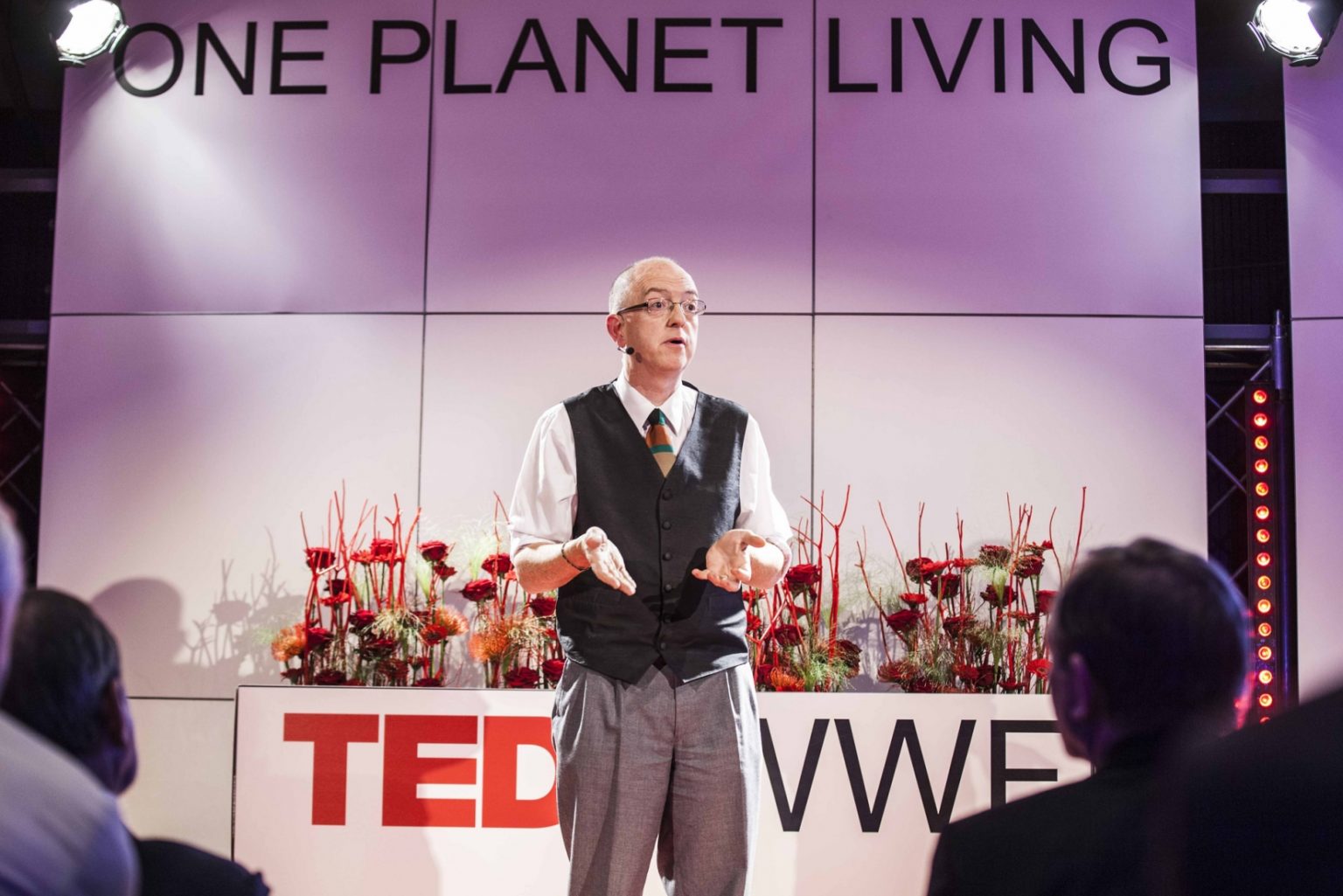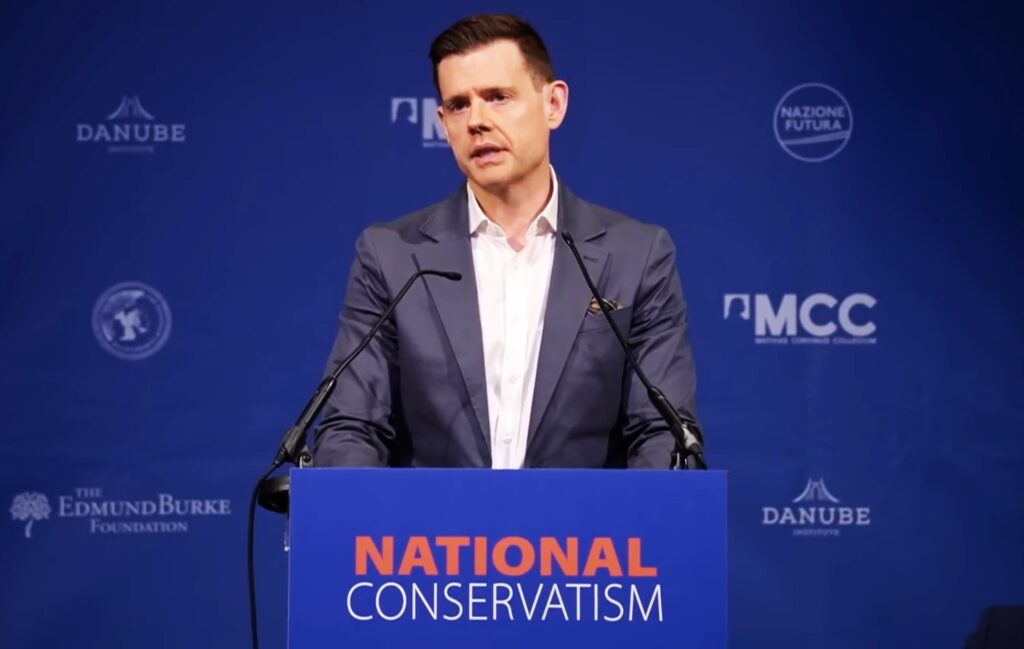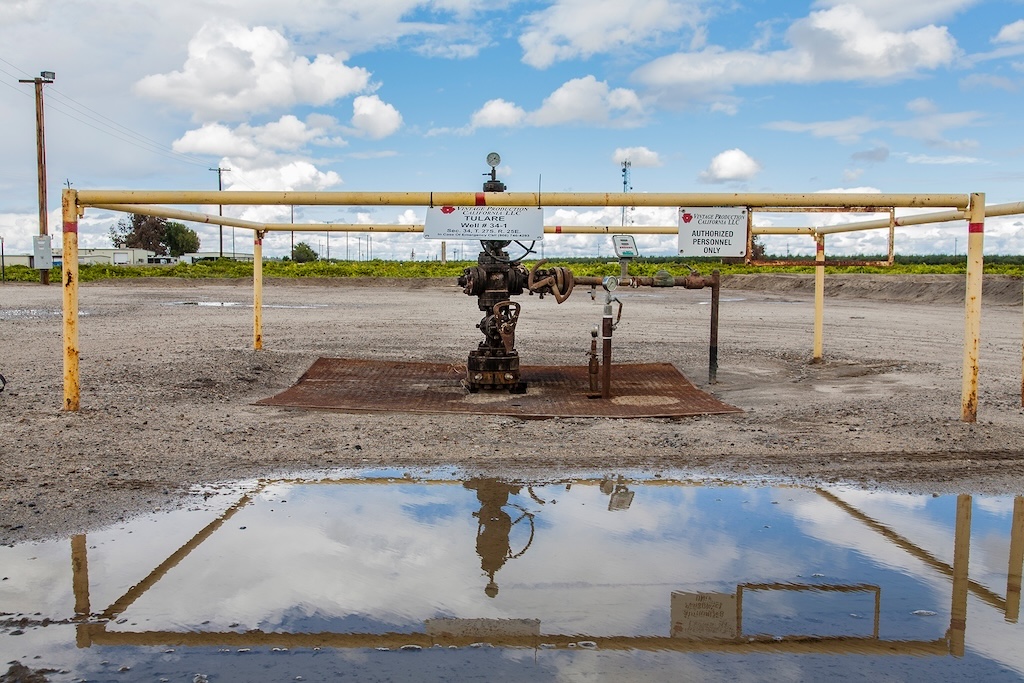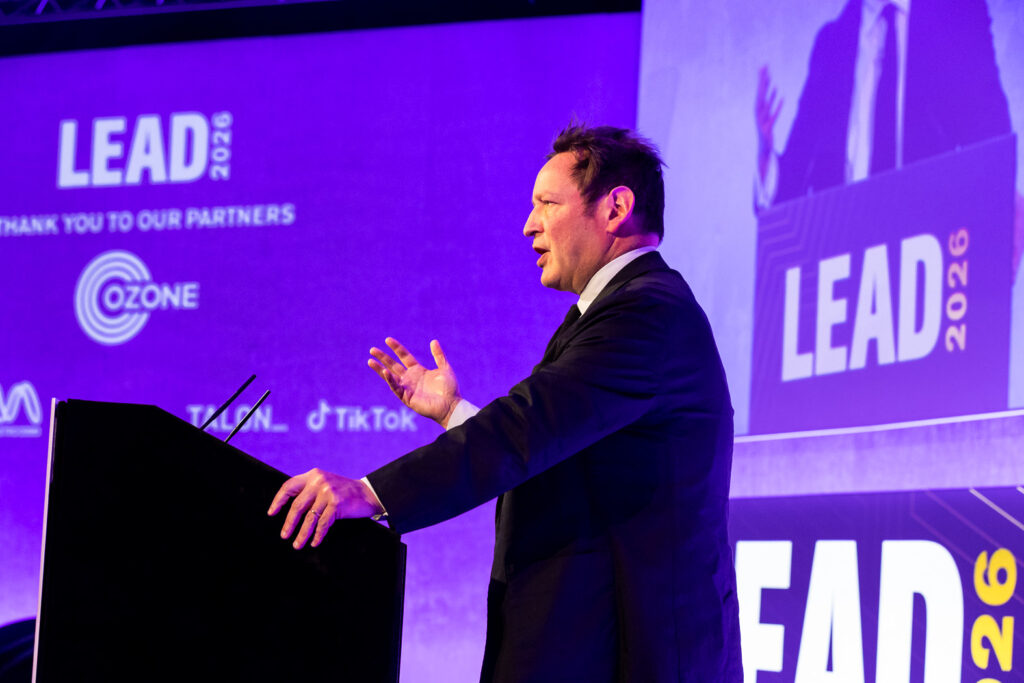We must engage with conservatives to tackle climate change says Climate Outreach co-founder George Marshall.
Why is it so important? He explains that attitudes towards climate change are much more polarised than any other topic.
But finding common ground is essential to moving forward on solutions for tackling this global challenge.
In his years working across the environmental spectrum – from community level protest groups to NGOs, governments and businesses – Marshall’s found that “change happens when you have a wide range of different actors, with different ideologies, different tactics, pushing pretty well generally in the same direction”.
His experience led to him setting up Climate Outreach, a climate change communication charity which aims to bridge the gap between research and practice, and widen engagement across a broader spectrum of society.
The charity’s latest research on the ‘language and framing’ for the center-right on climate change analyses what does and doesn’t work. The most effective narrative – that “avoiding waste is common sense”– is among the findings that form the basis of a masterclass on the topic being held this week in London.
In an interview with DeSmog UK, Marshall discusses the best ways to engage with those on the centre-right about climate change.
It’s not about converting the Right to your values; it’s about speaking to theirs
Marshall argues that “when climate campaigners talk about climate justice, about how we have to defend and protect the vulnerable in Bangladesh, they’re really not speaking to the values of this group”.
He adds that this isn’t because they’re “nicer or nastier than any other group”. It’s because they’re motivated by different messages.
Language that works includes “avoiding waste”, and can refer to property, the freedoms which are an essential part of government, their family and future opportunities for their children, and the landscape.
Use a positive message
People on the Right are also much more likely to be motivated by a positive message.
“How we can move forward to something that is a nicer way of being, a better way of life. Something that is more like the kind of world they want to see,” he described. “A world that is more secure, safer, more stable”.
Speak in the first person
One of Marshall’s key pieces of advice is to “hold your views as your own”.
It’s important to model the journey by which you came to your viewpoint, telling them who you are, how you have come to care about this and how you think about it.
“Use that first person singular. It’s one of the big things that we encourage people to do when we do communications trainings”.
Listen
“Effective communication is speaking to the values you have in common with them, and not about trying to convert people to your values, and that requires a bit of listening,” Marshall said. “I think listening is the take home.”
Marshall described how he gets in “long, long conversations on train journeys” to and from his mid-Wales home.
“Every time I do that I treat it as a chance to learn something about someone. I ask them questions and I try to get a sense of who they are what they care about.”
“I want to understand what they think. So listening is so important, when you listen to people, then you start to respect and like them. In the end you can only have any chance of speaking to conservatives by understanding them and by liking them as people.”
Build trust
Climate change is abstract and complex. “People are not so much evaluating the evidence,” Marshall explained, “they’re looking for a set of cues in the information about how they should feel”. One of those is “do they trust the person who’s telling them?”
“One key basis of trust is whether the person who’s telling you is someone who seems to share your values and world view”
So while it’s been confirmed that 97% of publishing climate scientists agree that humans are causing global warming, if the facts are communicated by someone who hasn’t built a sense of trust with the person they’re engaging with, the message may get lost.
Be open-minded
Building on the ideas of listening and building trust is the notion that you should also be open-minded in your conversations and how you approach the topic of climate change.
Describing someone questioning the science on climate change, Marshall said: “If someone says to me well actually it’s sunspots, I would say well yes, there was some consideration a few years ago as to whether it might be sunspots and my understanding now of the science, there is strong understanding of the people who have looked at this that sunspots are not a leading cause.”
His hope is that what they’re left with is that he is open to different points of view, he’s not ideologically driven, and seems like a pretty reasonable, sensible person who’s reached his own views on it: “That, in the end, is what shifts stuff.”
So does it work?
Marshall shares some practical examples of campaigns, which have built bridges across classes and political boundaries.
One example is in Scotland, “where communities have come together in order to have wind farms as a way of generating income for the local community.”
And the fracking is another which has been “based on building bridges between environmentalist and local conservatives, very often around the language of landscape – a very big conservative value.”
Marshall thinks campaigns that appeal to common values held by all are scarce, but points to the Climate Coalition’s ‘for the love of’ campaign which he thinks is “a good intelligent attempt to build language around common shared values to take it out of the specific political context.”
Photo: WWF European Policy Office via Flickr
Subscribe to our newsletter
Stay up to date with DeSmog news and alerts






